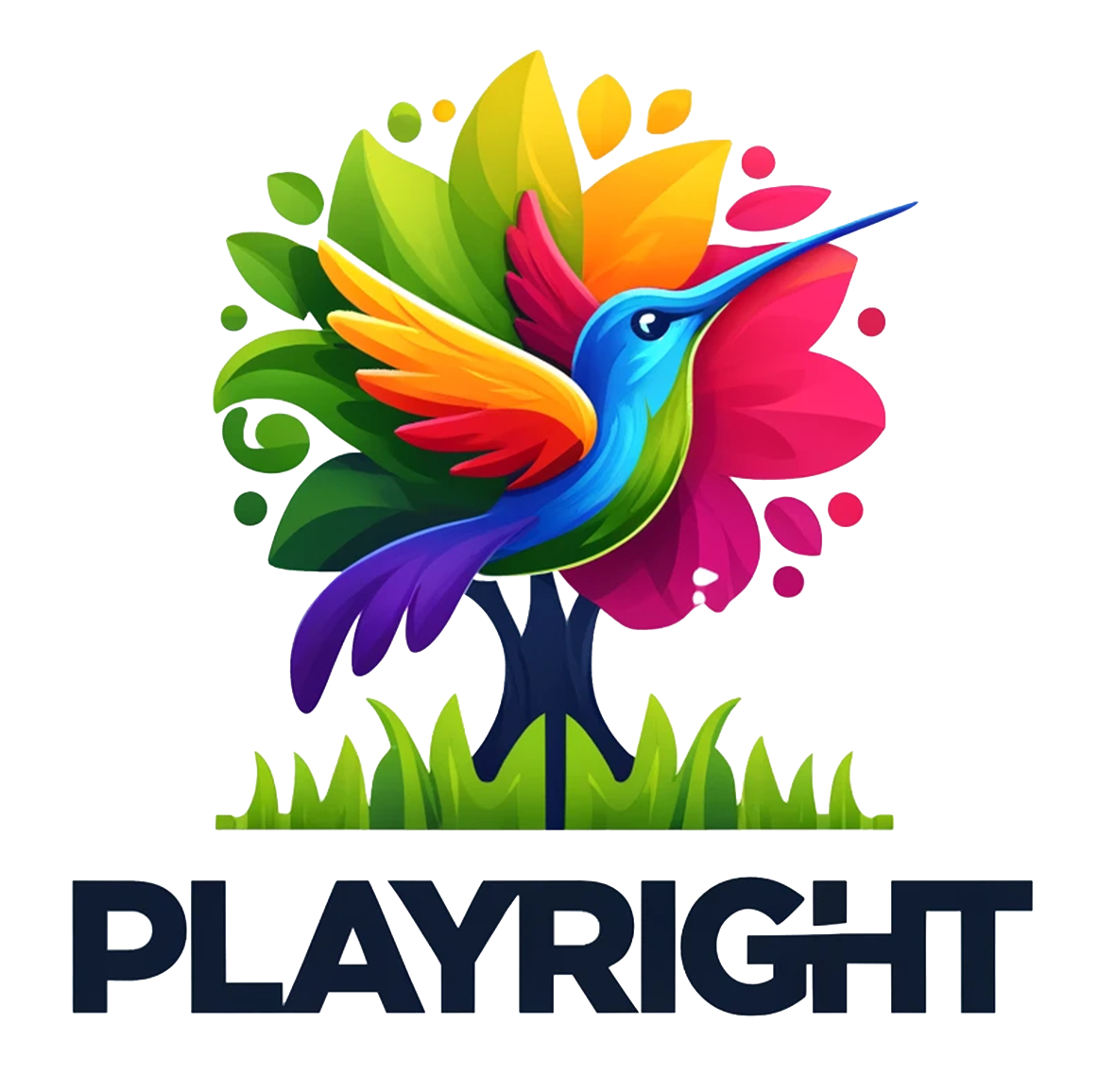Why Play Is Essential To Learning
In a world where standards, test scores, and academic achievement reigns supremely important and even drives funding for educational districts, what essential component to healthy living is being dismissed? So we ask, why is play essential to learning?
How playful are you? Take this simple quiz: select what each letter stands for in the list below.
B is for = broccoli, bull, because, bounce or bunny
P is for = peek, peach, proper, please or perform
S is for = snake, sit, sneak, snack or smile
W is for = water, winter, wonder, wait or want
If you selected bounce, peek, sneak, and wonder, congratulations, you are in a playful frame of mind. This is where we need to meet our children because, through this playful spirit, we engage a love for learning through play.
Several years ago, a family visited for an initial consultation at my private practice in California. After spending time with their two daughters and making initial recommendations, the father commented that it just looks like play. He did not see the value in play, because from his perspective and cultural context, play was not a productive use of time.
My context is different than his. I come from a perspective that values play as the best method to motivate thinking, imagination and learning. Play is observable across many species, and is not unique to the human race. Wild animals play, and this has been filmed time and time again in documentaries. Ancient civilizations have left evidence of play in their cultures, and many games we have today were conceptualized many centuries ago, reflecting that play is an important aspect in daily life.
The value I have observed over the past three decades as a pediatric therapist is how playfulness creates a freedom to explore and develop new interests in subjects because the activities are fun. Stress, if any, is part of the excitement and not the chore. Through play, I have seen children with some of the strongest aversions to structured learning come around and show an interest in something they adamantly opposed to participating in, to the point of exhibiting negative behavior. Play is a standard safe ground where players are equal partners in creating fun experiences. Play builds trust and confidence, allowing even the most hesitant to take a chance and try something new.
Play engages intrinsic motivation to actively participate and engage in the play experience. Play requires imagination, creative thinking, and problem solving, and it does so in a fun, non-performance context. Play can require collaboration, cooperation, communication and non-confrontational conflict resolution. This forms a foundation for social-emotional success, and offers a safe space to understand and express emotions effectively.
When engaged in play that is both fun and challenging, attention, memory and critical thinking skills can flourish. Play stretches the mind’s flexibility and adaptability, which is essential in today’s world where unexpected change occurs without time for planning ahead. Being able to make cognitive shifts can be practiced and developed in the context of play.
Learning and retaining information is heightened when the nervous system is not overly stressed. Anxiety blocks learning because energy is stuck at the brainstem levels where our fight-flight-freeze reaction prevents information from reaching higher reasoning centers of the brain for discrimination. A relaxed learner is more likely to absorb and retain information.
Play can teach relevant skills and connect theoretical knowledge with practical application. Play not only reduces stress, it invites thinking and learning. Play taps into emotional, cognitive and social development. By incorporating play into learning, we unlock a world of potential that allows for a lifelong "can do" belief and a greater sense of confidence.
Do I play for a living? YES, and it gives me motivation to help others feel inspired to embed a playful spirit into daily living.
Seven Aspects Showing Why Play Is The Best Approach To Motivate Thinking:
1. Engagement and Enjoyment
Intrinsic Motivation: Play is inherently enjoyable. When learners are engaged in play, they are motivated intrinsically, meaning they participate for the sheer joy of it. This intrinsic motivation is far more powerful than external rewards and is crucial for sustained learning.
2. Facilitates Creative Thinking
Imagination and Creativity: Play naturally stimulates the imagination, allowing children and adults to explore new ideas and scenarios.
Problem-Solving Skills: Through play, individuals often encounter challenges or puzzles they need to solve, enhancing their problem-solving skills in a fun and engaging way.
3. Enhances Social Skills
Collaboration and Communication: Many forms of play involve other people, which helps in developing social skills like collaboration, communication, and empathy. These are crucial for personal and professional success.
Conflict Resolution: Play also offers a natural context for learning how to manage conflicts, negotiate, and cooperate with others.
4. Supports Holistic Development
Cognitive Growth: Play supports the development of various cognitive skills, including attention, memory, and critical thinking.
Emotional Development: It is also a safe space for emotional exploration, helping learners to understand and express their emotions effectively.
5. Adaptability and Flexibility
Learning to Adapt: Play often involves unexpected scenarios, which teaches adaptability and flexibility, crucial skills in a rapidly changing world.
Diverse Learning Styles: Play can be adapted to suit different learning styles, making it a versatile tool for educators.
6. Reduces Stress and Anxiety
Relaxation and Enjoyment: Engaging in play can significantly reduce stress and anxiety, creating a more conducive environment for learning.
Positive Learning Environment: A relaxed and happy learner is more likely to absorb and retain information.
7. Real-World Application
Practical Skills: Through play, learners can acquire practical skills in a context that feels relevant and engaging.
Connecting Theory with Practice: Play helps bridge the gap between theoretical knowledge and practical application.
Play is not just an activity for leisure; it is a powerful tool for motivation, thinking, and learning. It is a multifaceted approach that caters to the emotional, cognitive and social needs of learners, making it an indispensable element in education and personal development. By incorporating play into learning environments, parents, therapists and educators can unlock a world of potential, fastening a lifelong love for learning and a suite of skills essential for success in today’s world.
Kimberley Arnett-DeSimone, a career pediatric occupational therapist in Huntersville, North Carolina, authored this post.






























